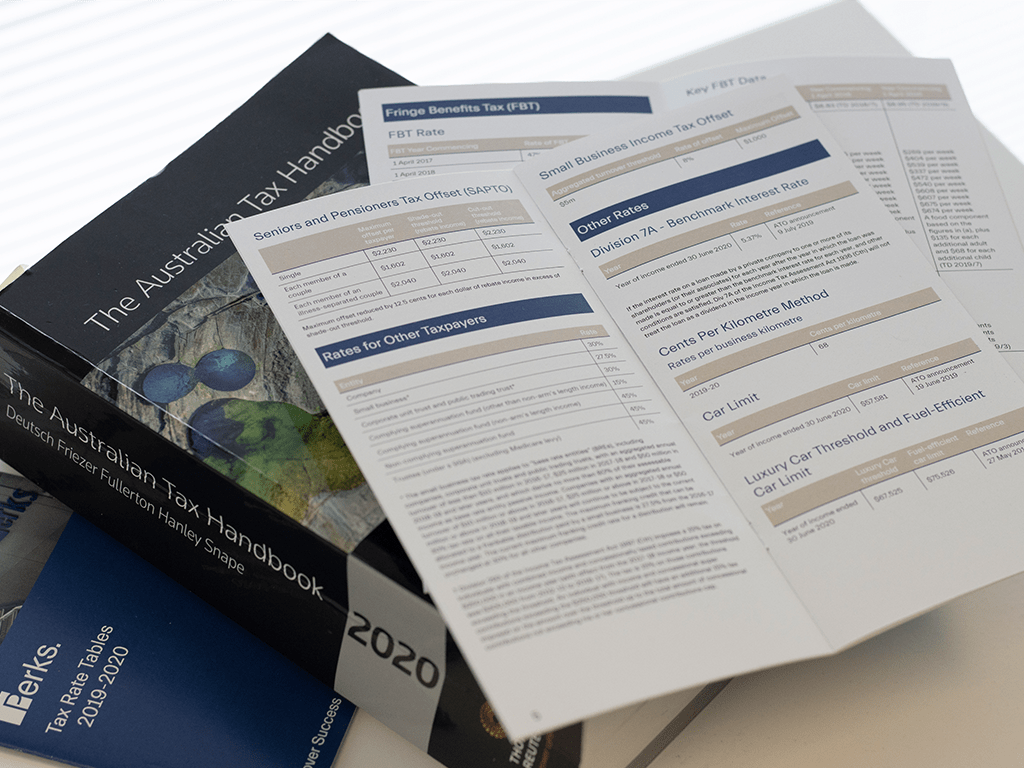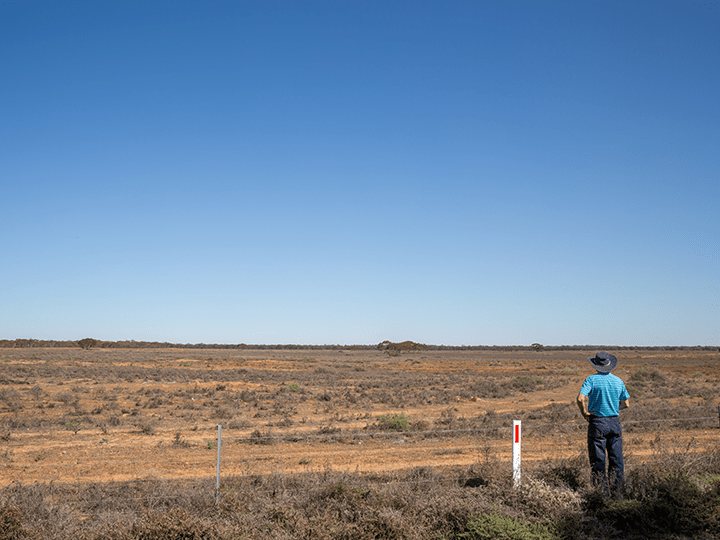ATO announces relief for Division 7A loan repayments
Posted on 2/7/2020
Tax Advisory
Overview:
Borrowers with existing complying Division 7A loan agreements may be eligible for an extension on their minimum yearly repayments as a further measure of financial assistance in response to COVID-19 by the Australian Taxation Office (ATO).
Following pressure from prominent accounting, law and tax representative bodies, the ATO recently announced that borrowers can apply to defer the 2019 minimum yearly repayment under a complying loan agreement for 12 months.
The minimum yearly repayment on Division 7A loans must normally occur by the end of the income year to avoid the repayment amount being treated as an unfranked dividend, increasing the borrower’s income tax liability.
While the news will be welcome relief for company shareholders and their associates who have been impacted by COVID-19, it is important to note that any deferred repayments from 2019-20 will need to be paid by 30 June 2021 (in addition to the 2020-21 minimum yearly repayment). Interest will still need to be paid as well, though it will not be capitalised.
Understanding Division 7A
Division 7A is one of the more intricate areas of Australian tax law and provides restrictions for shareholders (and their associates) in private companies when accessing funds from the company for personal use.
Essentially, Division 7A stipulates that certain payments, loans and forgiveness of debts made by a private company to its shareholders (and their associates) are considered unfranked dividends and therefore form part of the recipient’s income. The law has been designed to discourage the use of company money (which has been concessionally taxed at 27.5% or 30%) for personal purposes, over and above an annual salary, wages or directors fees that a shareholder receives from the company.
According to Perks Senior Tax Specialist Lee Jurga, one of the most common examples when Division 7A applies would be in the circumstance where a shareholder of a private company withdraws an amount of money to pay for a personal expense, such as home renovations or to purchase a new car, boat, etc.
“As an example, if a shareholder in a company received an annual salary of $120,000 and then withdraws $60,000 to pay for renovations at home, under Division 7A, that $60,000 withdrawal is treated as an unfranked dividend,” Lee says.
“Importantly, this impacts the shareholders’ taxable income at the end of the financial year. In this instance, that shareholders’ taxable income is now $180,000 for the income year in which the $60,000 was withdrawn to pay for those renovations.”
To ensure that payment does not result in an unfranked dividend as outlined above, there are a couple of options available to the shareholder:
- Repayment in full
In order to avoid the extra tax liability, a company shareholder can repay the amount taken in full from the company prior to lodging the company’s income tax return for the year in which the funds were withdrawn. This repayment can be either in cash or alternatively a fully franked dividend can be declared and offset against the amount owing.
- Enter into a Complying Loan Agreement with the company
The second option is to document the borrowing under a complying loan agreement. At a minimum, this requires that the terms of the loan:
- be set out in writing, identifying the lender and borrower;
- outline the essential conditions of the loan, including:
- the amount borrowed,
- the term of the loan (which cannot exceed seven years unless it’s secured against real property),
- the minimum yearly repayments and interest rate payable (must be at least the benchmark interest rate),
- It must then be signed and dated before being lodged as part of your income tax return.
Importantly, it this second scenario under Division 7A – i.e. where a shareholder borrows money from a private company under compliant loan terms – that is subject to the ATO’s new COVID-19 minimum repayments relief measure.
What constitutes a loan?
Broadly speaking, Division 7A applies when a private company loans funds to an entity (or individual) when the recipient of the funds is either a shareholder or an associate of a shareholder of the company (e.g. direct family member) or when a reasonable person would conclude that the payment was made because the recipient was a shareholder or an associate of a shareholder at some time.
Importantly, Division 7A defines a loan as any of the following:
- An advance of money.
- A provision of credit or any other form of financial accommodation.
- A payment for a shareholder or their associate, on their account, on their behalf, or at their request if they have an obligation to repay the amount.
- A transaction (whatever its terms of form) that is the same as a loan of money.
However, it is important to note that not all situations where a private company provides a shareholder with money (other than as a wage, salary or directors fees) is treated as a dividend under Division 7A.
In some circumstances, Lee notes that fringe benefits tax applies as opposed to Division 7A.
“As an example, payment of a child’s school fees by a private company on behalf of one its working shareholders does not necessarily trigger Division 7A,” he notes.
“Importantly, the payment may in fact be considered as a private company paying a private expense of one of its directors and is therefore an expense payment fringe benefit. It’s a good example that highlights the intricacies of the various provisions and why it’s important to seek proper advice on the matter.”
Common mistakes
Division 7A is easily and often misunderstood by private company shareholders who aren’t aware of their obligations under the legislation.
Neil Oakes, Perks Director of Tax Consulting, explains that Division 7A contains several conditions that private company shareholders need to be aware of, to ensure they don’t get caught out at tax time.
“A lot of the issues that are encountered in regard to Division 7A come down to a lack of awareness about the need to keep personal and business finances distinct from each other,” he says.
“Often the shareholder conflates the business of the company as their own, thus treating the company’s money as their own without realising the tax obligations that it creates or recording the transactions, which can cause a lot of headaches down the line.”
“Another area where some people can get caught out is in the use of company assets for private purposes. It’s important to understand that the value of such assets used privately may actually be treated as an unfranked dividend under Division 7A, which becomes a tax liability.”
Getting the right advice
If anything, Division 7A is an important example of the intricacies of tax legislation and the many caveats and conditions that exist under Australian law.
And while most Australians probably have a basic understanding of income tax, understanding the complexities of the full scope of tax legislation is a huge task. In fact, this is why tax law is a specialised field in its own right.
It highlights the importance of seeking specialised advice on complicated Division 7A matters including the interaction between Division 7A and other provisions with the Tax Act, such as the Fringe Benefits Tax Regime as highlighted above.
If you would like more information about Division 7A and the newly introduced minimum repayment extension or have any other general tax enquiries, contact the specialist tax team at Perks today.
Further detail about Division 7A, including eligibility requirements and the application form for deferral can be found here.




